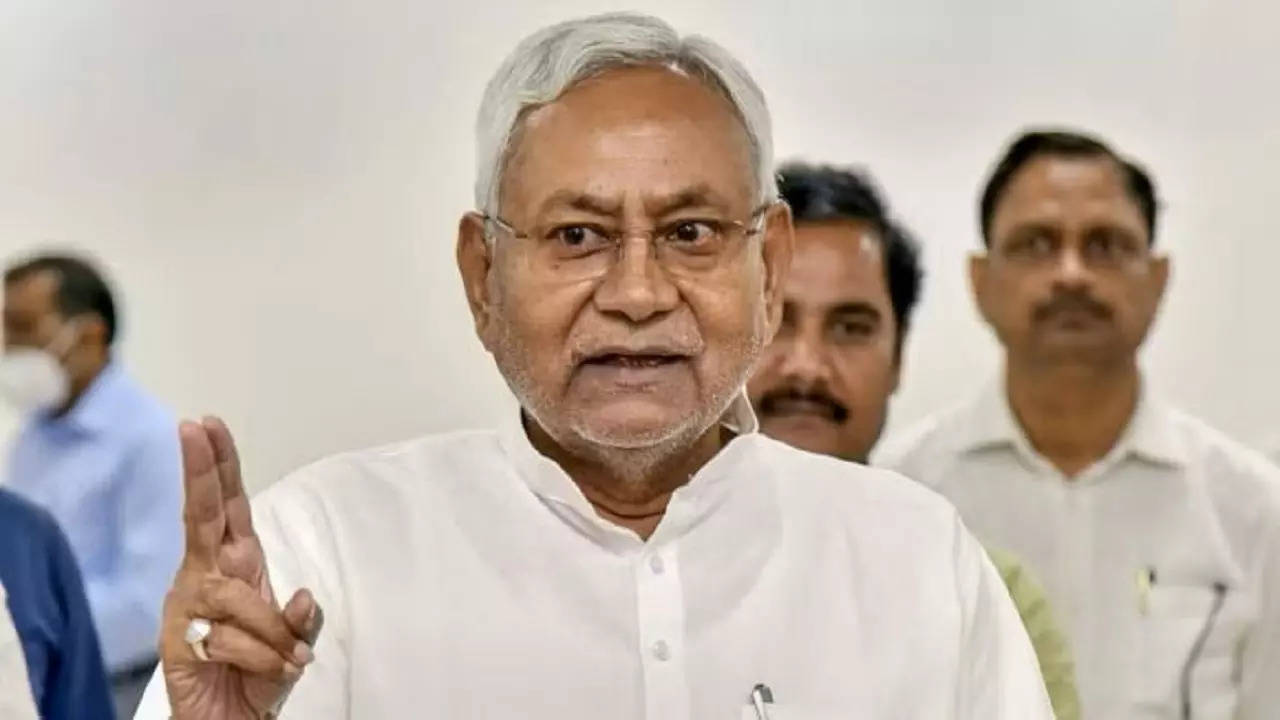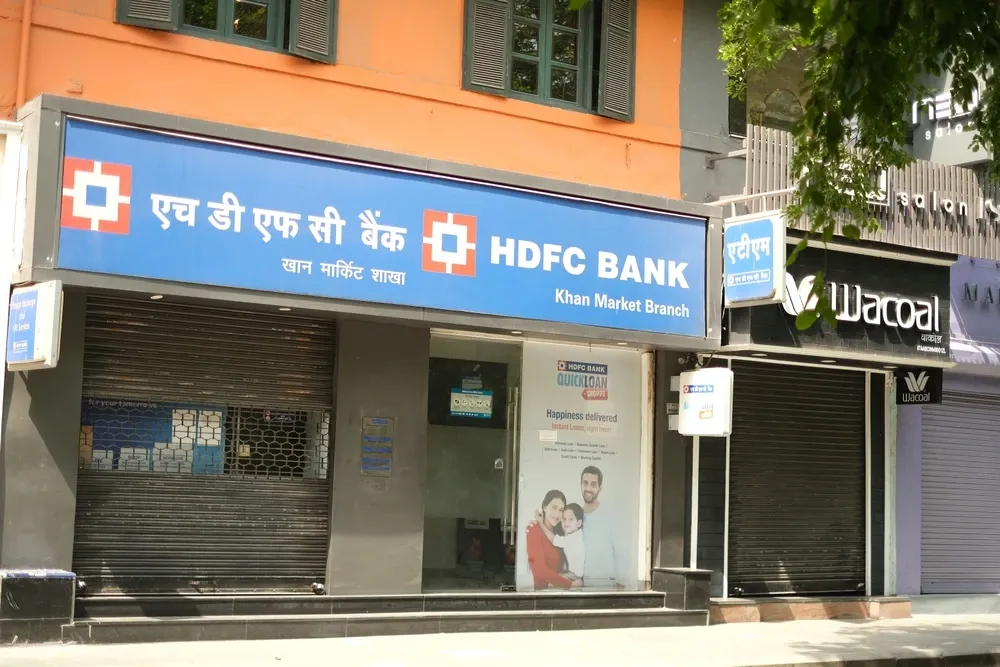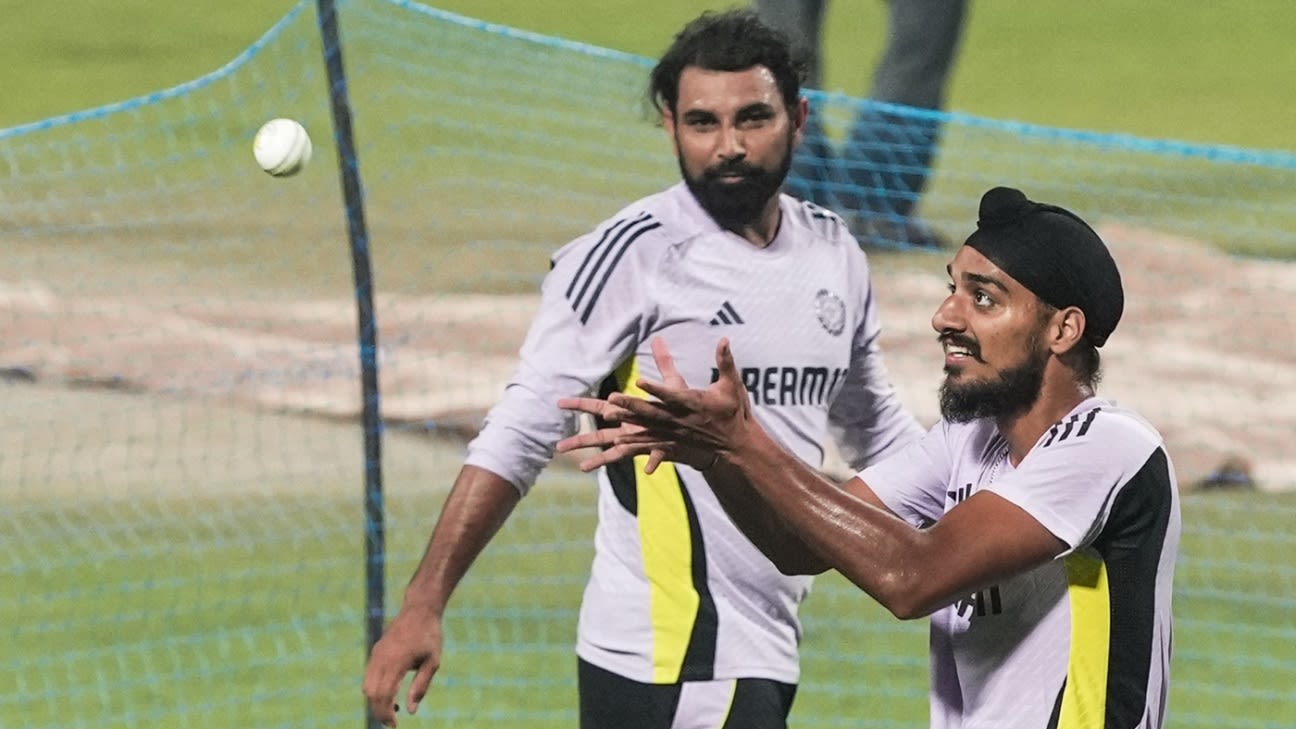The International Criminal Court has taken the major step of issuing an arrest warrant for Vladimir Putin over the Ukraine war.
But does this mean the Russian president, accused of the war crime of deporting children, is really ever likely to stand trial in The Hague?

ICC member states are obliged to carry out the arrest warrants on Putin and Russia’s presidential commissioner for children’s rights, Maria Lvova-Belova, if they travel to their countries.
“That’s right,” ICC prosecutor Karim Khan told AFP when asked if Putin would be liable for arrest if he set foot in any of those 123 nations.
But while that could make travel difficult for Putin, the court has no police force of its own to enforce its warrants, and relies entirely on ICC states playing ball.
Countries haven’t always done so — particularly when it involves a sitting head of state like Putin.
Former Sudanese leader Omar al-Bashir managed to visit a number of ICC member states including South Africa and Jordan despite being subject to an ICC warrant.
Despite being ousted in 2019, Sudan has yet to hand him over.
Matthew Waxman, a professor at Columbia Law School, said it was a “very significant step by the ICC but that the chances are slim that we will ever see Putin arrested”.
First and foremost: Russia, like the United States and China, is not a member of the ICC.
The ICC was able to file charges against Putin because Ukraine has accepted its jurisdiction over the current situation, although Kyiv too is not a member.
But Moscow has dismissed the warrants against Putin out of hand.
Russia does not extradite its citizens in any case.
Kremlin spokesman Dmitry Peskov said Russia “does not recognise the jurisdiction of this court and so from a legal point of view, the decisions of this court are void”.
Russia in fact signed the court’s founding Rome Statute but did not ratify it to become a member, and then withdrew its signature on Putin’s orders in 2016, after the ICC launched a probe into the 2008 war in Georgia.
Putin was unlikely to end up in the dock for war crimes “unless there is a regime change in Russia”, said Cecily Rose, assistant professor of public international law at Leiden University.
– Have top-level suspects faced justice? –
Yet history has seen several senior figures who have ended up in the dock on war crimes charges against all odds, said the ICC’s Khan.
“There are so many examples of people that thought they were beyond the reach of the law… they found themselves in courts,” he said.
“Look at Milosevic or Charles Taylor or Karadzic or Mladic.”
The ICC convicted former Liberian warlord-turned-president Taylor in 2012 of war crimes and crimes against humanity.
Former Serbian president Slobodan Milosevic died in his cell in The Hague in 2006 while on trial for genocide at the Yugoslav war crimes tribunal.
Former Bosnian Serb leader Radovan Karadzic was finally captured in 2008 and convicted of genocide by the tribunal, and his military leader Ratko Mladic was arrested in 2011 and sentenced to life imprisonment.
The ICC cannot try suspects in absentia but Khan said the court had “other pieces of architecture” to push cases forward.
He cited a recent case in which he asked judges to hold a hearing to confirm charges against Joseph Kony — the leader of the Lord’s Resistance Army, who launched a bloody rebellion in Uganda — even though Kony remains at large.
“That process may be available for any other case — including the current one” involving Putin, added Khan.










